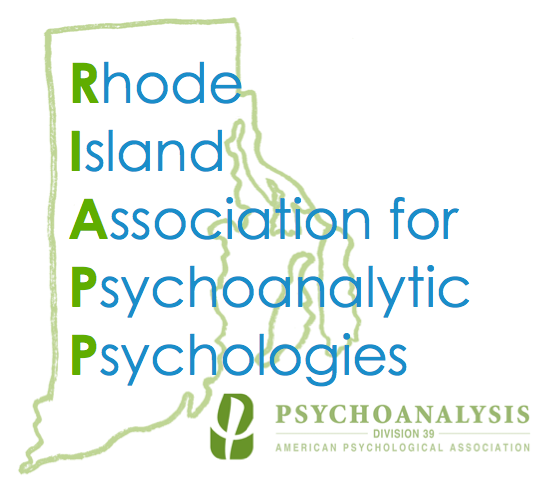This conference will be virtual, using Zoom. Please register for more information on how to attend.
1.5 Continuing Education Credits. Attendance will be verified through Zoom.
Dreams are as much a part of the natural world as the rain that falls and the sun that shines and varying approaches of dream interpretation have persisted from the beginning of time. Through his method of analogy or “amplification,” Jung had the ability to “match” analysands’ current life circumstances or dreams with resonant patterns found in myths, stories, and images, at a “macrocosmic” level, by connecting resonant collective motifs with personal experiences. Contemporary infant researcher/psychoanalysts, have looked at the “microcosmic” level of non-verbal pattern matching and discovered that communication styles are generalizable, persisting throughout the lifespan. Portals of understanding can be reached via the macrocosm or microcosm, to locate resonant pattern matching, central for life. Complex Adaptive Systems theories will ground this presentation and offer wholistic perspectives of clinical dream work.
LEARNING OBJECTIVES
Upon completion of this program, participants should be able to:
1) Define and give examples of the method of amplification
2) Articulate a basic definition of Complex Systems theory
3) Compare and contrast Jung’ s macro-cosmic pattern matching with the micro-cosmic pattern matching methods of infant researchers who apply their findings across the life-span
4) Apply Jung’s method of amplification and intersubjective models from infant research to work with dreams in psychotherapy.
5) Demonstrate pattern matching and resonance through myth, story, image and through intersubjective resonance in the clinical setting
BIBLIOGRAPHY
Beebe, B. and Lachmann, F. (2013). The Origins of Attachment: Infant Research and Adult Treatment (Relational Perspectives Book Series. New York: Routledge.
Carter, L. 2011. “A Jungian Contribution to a Dynamic System Understanding of Disorganized Attachment.” Journal of Analytical Psychology, 56 (3), 334-340
Carter, L. (2019). “Jung as Craftsman.” In Jung’s Red Book for Our Time: Searching for Soul Under Postmodern Conditions, Vol. 3. Eds. M. Stein and T. Arzt. Chiron Publications. Asheville, NC
Sander, L. (2014). Living Systems, Evolving Consciousness, and the Emerging Person: A Selection of Papers from the Life Work of Louis Sander (Psychoanalytic Inquiry Series). New York: Routledge
Schore, A.N. (2012). The Science of the Art of Psychotherapy (Norton Series on Interpersonal Neurobiology). New York: W.Norton and Company
Siegel, D.J. (2015). The Developing Mind, Second Edition. New York: The Guilford Press.
Tronick, Ed and Gold, C. M. (2019). The Power of Discord: Why the Ups and Downs of Relationships are the Secret to Building Intimacy, Resilience, and Trust. New York: Little, Brown, Spark.
Linda Carter MSN, CS, IAAP is a nurse and a Jungian analyst practicing in Carpinteria, CA, Providence, RI, nationally and internationally via internet ; teaches at Pacifica Graduate Institute; psychotherapist for 40 years. A graduate of Georgetown, Yale and the C. G. Jung Institute-Boston, Linda was the Journal of Analytical Psychology Book Review Editor, US Editor-in-Chief and now Arts and Culture Editor. Founder and chair of the Art and Psyche Working Group, she initiated and edits the outreach project Art in a Time of World Crisis: Interconnection and Companionship. Linda has published widely, taught internationally, especially in China.

